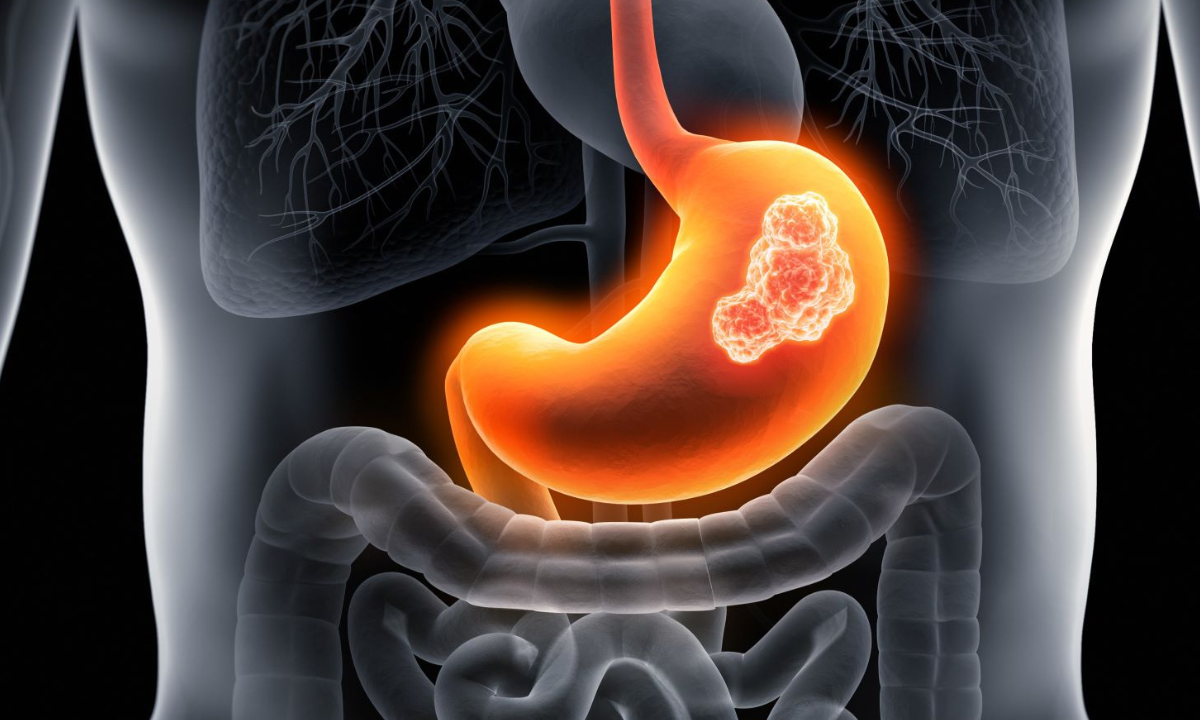Early Warning Signs of Stomach Cancer

Stomach cancer, or gastric cancer, often develops silently, making early detection difficult. While many digestive issues are common and harmless, certain persistent changes in the body may signal something more serious. Recognizing these signs early can make a significant difference in treatment outcomes.
Continuous Indigestion and Heartburn
Ongoing discomfort in the upper abdomen, such as persistent indigestion or heartburn, can indicate irritation or abnormal growth in the stomach. While occasional heartburn is common, frequent symptoms that do not respond to usual remedies deserve attention.
Sudden and Unexplained Weight Loss
Unexpected weight loss without any changes in diet or lifestyle can be a red flag. This may result from reduced appetite or the body’s struggle to absorb nutrients effectively, both of which can occur in the early stages of stomach cancer.
Feeling Full Quickly
Experiencing early satiety, or feeling full after eating only small amounts, may signal that something is affecting the stomach’s capacity. Along with decreased appetite, this symptom warrants further investigation.
Nausea and Vomiting
Repeated nausea or vomiting, particularly when it includes traces of blood, should not be ignored. While these symptoms can stem from other causes, their persistence makes medical evaluation essential.
Persistent Abdominal Pain or Discomfort
A dull, lingering ache in the upper abdomen is often one of the first warning signs. It can easily be mistaken for minor digestive problems, but ongoing discomfort should be assessed by a healthcare professional.
Fatigue and Weakness
Anemia from internal bleeding caused by stomach cancer can lead to unexplained fatigue and low energy. Feeling unusually tired without reason may be an early indicator of a serious condition.
Difficulty Swallowing
Sometimes, cancer affects the connection between the esophagus and stomach, causing trouble swallowing. Gradual difficulty in eating or discomfort while swallowing should be taken seriously.
Conclusion
Stomach cancer symptoms often resemble common digestive issues, making early recognition critical. Persistent indigestion, unexplained weight loss, early satiety, abdominal discomfort, or fatigue should prompt immediate medical consultation. Timely screening and intervention can significantly improve treatment outcomes. For professional guidance and care, visit KKR Hospital.
